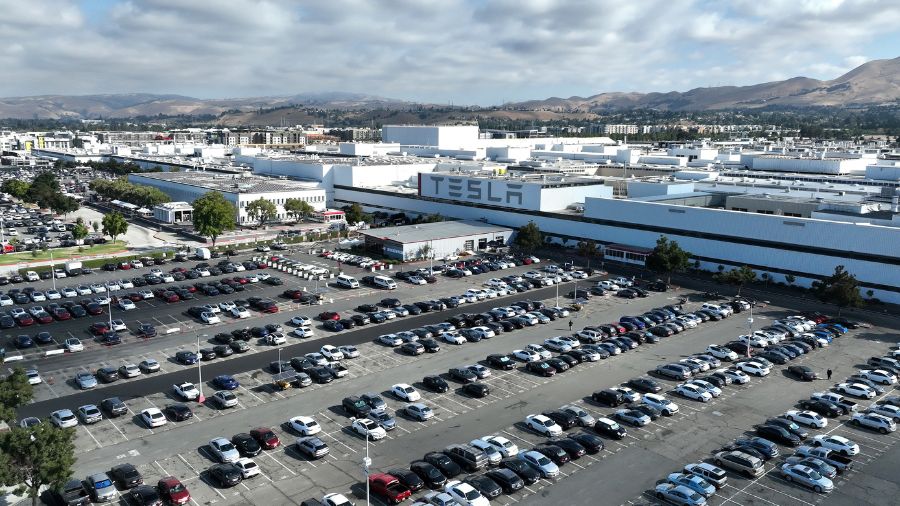What the end of Moore’s Law will mean for the tech world and consumers
Jul 6, 2020, 11:38 AM | Updated: Jul 7, 2020, 8:34 am
Are we ready for the end of Moore’s Law? It’s something that could have huge ramifications in the tech world, and yet we don’t seem to be doing much about it at the moment. So says David Rotman, editor of MIT Technology Review, who joined Seattle’s Morning News to explain what it is and why it matters.
“It was in 1965 that Gordon Moore predicted that the number of transistors you could squeeze into a computer chip would double every year. And then later it became every two years. So it’s a prediction that you would get more powerful, faster computer chips every two years,” he said.
“When he predicted it, there were about 50 transistors on a chip. By 1975 it was 65,000 and now it’s 50 billion transistors on a chip, and that’s why we have such powerful devices,” Rotman explained. “When you think about the progress, almost everything we use, our devices from smartphones to cloud computing to artificial intelligence all depends on the progress. The iPhone is 100,000 times more powerful in computing power than the computer on the Apollo spacecraft that went to the moon.”
The conversation that happens when you get a contact tracing call
So what does it mean if this pace of progress doesn’t continue? We’ve come to expect the level of ease of use and immediacy that you get from an iPhone with its billions of transistors. Is there a change around the corner?
“We know Moore’s Law will end sooner or later, and no one knows quite when, but it will end (likely within the next 10 years). So what happens next? … No one really knows what comes next. And maybe more importantly, no one is really working on what’s the next big technology,” he said.
SCOTUS decision on scholarships to religious schools not applicable to WA
“That’s what I found a bit troubling at the end of the article is that we’re not spending the money and the resources to find the next great technology that will drive progress through the next 50 years.”
One of the possibilities is the advent of quantum computing because there you’re using particles that presumably are as small as nature permits.
“Quantum computing is, for now, very specialized. It’s amazing what it may be able to do, but it’s not a generalized computing technology,” he said.
Why do we not appear to be investing in the next big technology? Partially because it might require tossing out the way we do things now.
“It would take you to completely throw out the rule book, rethink everything. And that’s why I’m thinking about what comes after Moore’s Law, … it will end over the next 10 to 20 years, and finding a different approach will mean rethinking everything. And that’s going to take a long time — it’s going to take a lot of smart people thinking hard about it,” he said.
“Many of the things that we really are interested in these days, for example artificial intelligence — the idea of self-driving cars or all these things, robotics that think for themselves — these amazing technologies are really computational intensive,” Rotman said. “They require really powerful computers … and so we just have an endless appetite for computational power.”
Listen to Seattle’s Morning News weekday mornings from 5 – 9 a.m. on KIRO Radio, 97.3 FM. Subscribe to the podcast here.















